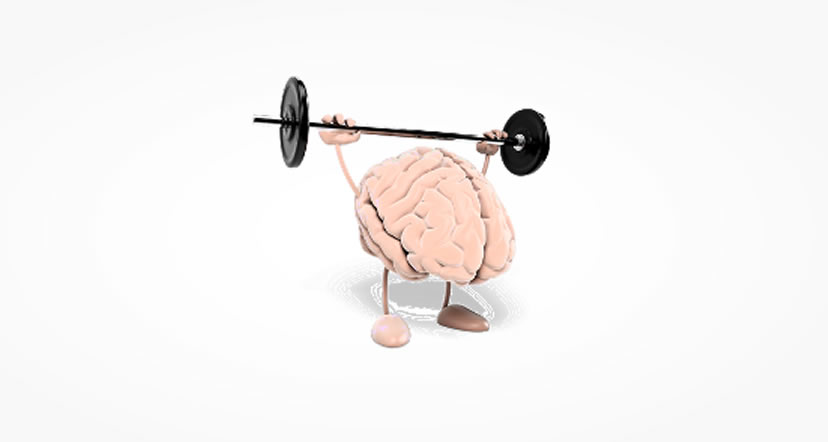Premium services
Mental hygiene counselling

Written in the language of mathematics: mental hygiene= psychical health care, where health= (physical+ spiritual+ psychical+ social) well-being. Shortly, mental hygiene is a psychological prevention in order to avoid serious depression caused by grief, alcoholism caused by occasional drinking, panic disorder caused by anxiety, burnout caused by stress, etc.
To be more precise: “Mental hygiene is not only a preventative method of psychical and conduct disorders, but it is also a psychical health care in a positive sense. It is a complexity of those activities and methods which develop the human identity and social relationships” (Béla Buda, M.D). One of its main targets is to insure and maintain mental health, to prevent mental disorders, to improve individuals’ ability for social accommodation and for establishing harmonised social relationships. Mental hygiene is a progressively developing science embracing the mental aspects of human, natural and social sciences. Mental hygiene has become common knowledge just recently. Here is an interesting issue regarding its development: Clifford Beers, an American businessman, after spending two years in a mental hospital published a book in 1908 and decided to do everything he could to reduce the number of patients admitted to psychiatry clinics. His self-experience and ambition gave rise to the movement which organised a world congress in 1911 and gained popularity between the two world wars.
Health
World Health Organization (WHO) claims the following: “Health is a state of complete physical, mental and social well-being and not merely the absence of disease or infirmity.”
Health dimensions:
- biological health: the proper functioning of the organism
- psychical health: having individual world views and behavioural platforms, signs of peace toward our consciousness and toward ourselves
- mental health: ability of pure and consistent cognition
- emotional health: ability of recognizing and expressing feelings
- social health: ability of building up relationships
Healthy mind people are able to accomplish their abilities, tackle with stress, work effectively and contribute to their social life as well.
You may have experienced it before:
The essence of mental hygiene is prevention, improvement and building relationships. It occurs in our lives in different ways: nurses, GPs, psychologists, teachers, child care workers, social workers and even human resource employees work for the improvement of people’s mental health. To prevent disorders of addictions, depression, suicide, mental illnesses, etc., it is important to establish a firm psychological and mental background in childhood. It can be achieved by means of mental hygiene, the main aims of which include improving personal development, self-acceptance, positive relationships, accepting others, social integration and raising interest for social life.
Mental hygiene counselling
Mental hygiene counselling is performed by specialists who intend to establish and maintain healthy psychic life. They target to educate the clients to be able to solve their problems on their own, to use their resources and opportunities optimally. To achieve this, it is needed to reveal the problems, to elaborate a solution plan, to assist performance and to follow-up the patient. Positive change in the patients can be evoked either by developing specific skills or offering direct counselling. This may be a shorter or a longer process but it yields such individuals who know themselves, who are successful in life, who are self-conscious and proud of themselves because they have worked for this.





